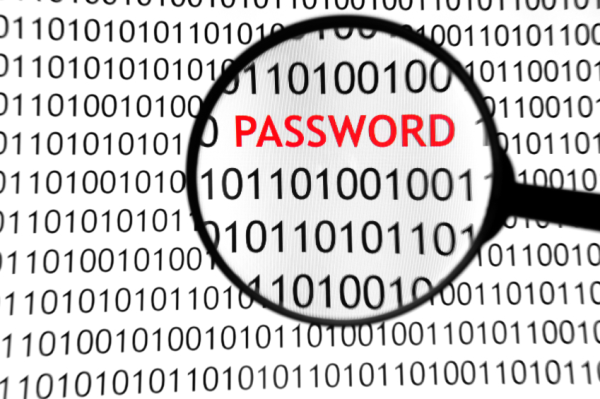
"Cliché alert! Sometimes life imitates art and truth is stranger than (science) fiction.
Peter over at Spiceworks said: "In the classic movie Spaceballs, when Lord Dark Helmet discovers King Roland's insecure password he screams, “the combination is 12345? That's the stupidest combination I've ever heard in my life! That's the kind of thing an idiot would have on his luggage!”
You would think that 25+ years later we would have learned our lesson, but unfortunately we haven’t. According to a recent study the most common computer password of 2013 was “123456”. Our old friend “12345” was the 20th most popular password, accompanied by timeless hits such as “letmein”, “iloveyou”, “qwerty”, “monkey” and “password.”
Obviously, insecure passwords open all sorts of security holes and create many (potentially very expensive) problems for an IT organization. As we approach National Change Your Password Day on Febuary 1st, let’s review 7 tips from the Spiceworks Community (and beyond) that will help ensure a good password strategy at work and at home.
Security Best Practices for National Change Your Password Day
- Enforce a strong password policy
- Don’t store your passwords out in the open!
- Implement 2 factor authentication in your IT environment
- Enable 2 factor authentication on your personal accounts
- Consider using password management software
- Password protect and secure your mobile devices
- Consider a MDM solution for BYOD devices that have access to your network
Use this National Change Your Password Day as an opportunity to change some of your insecure passwords and to encourage your friends and end users to do the same.
If they think that they can stick with "123456" and remain secure, gently remind them of the dozens of major security breaches that have occurred in the past year and the amount of pain they are in for if their information is compromised.
Remember, an ounce of prevention is worth a pound of cure, and you can never be too secure (there I go again with the clichés). If your users don't know where to start, send them to this how-to on how to create good passwords.
Are you already following these steps both at home and at work? Do you have any additional tips or tricks to share? Had you even heard of National Change Your Password Day before?




